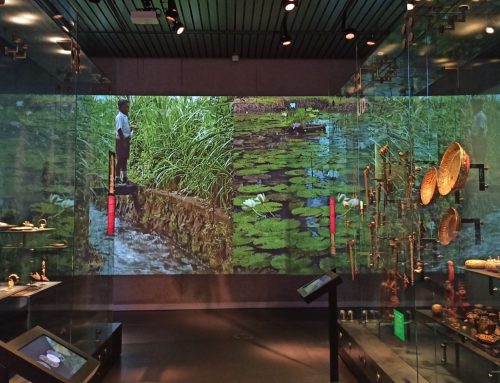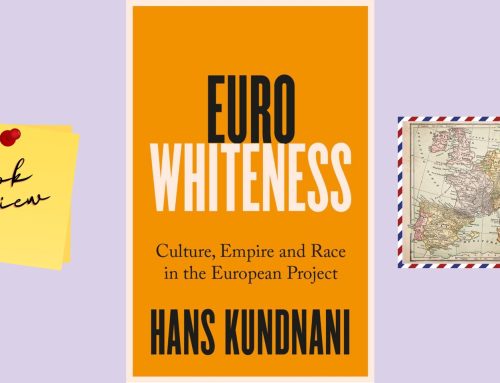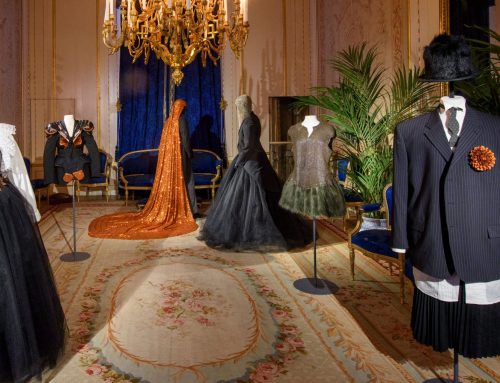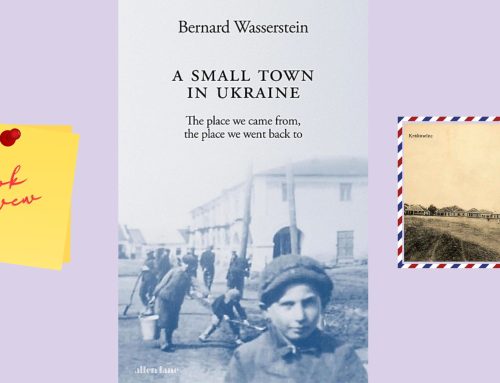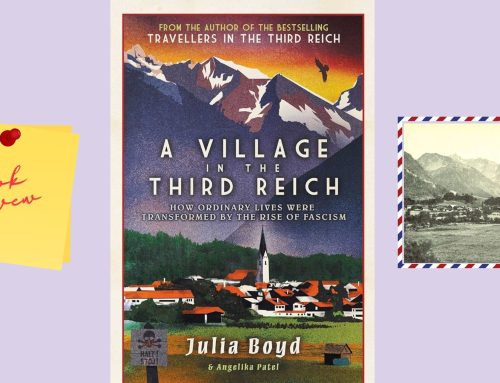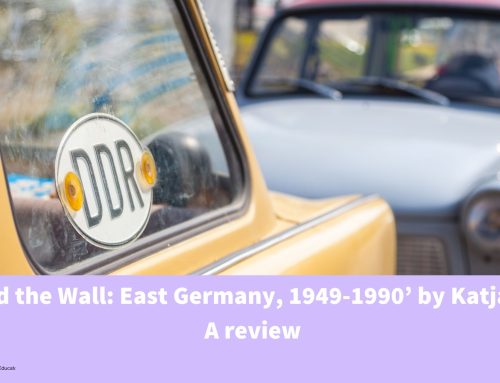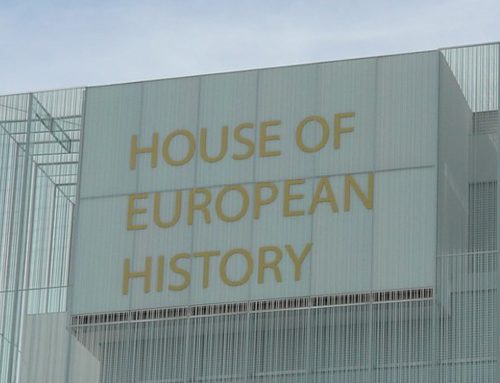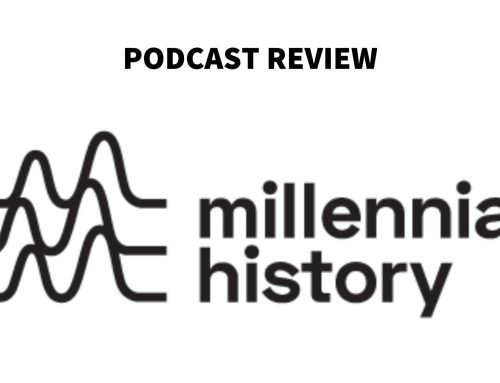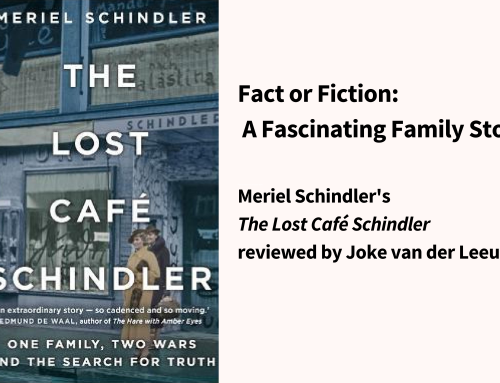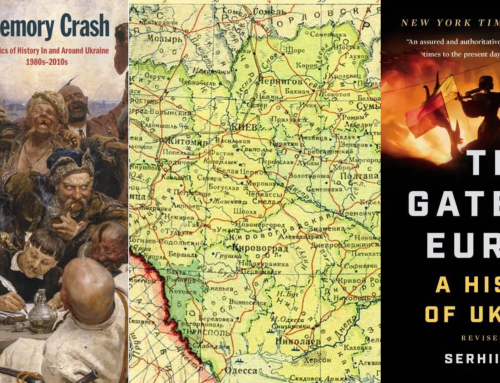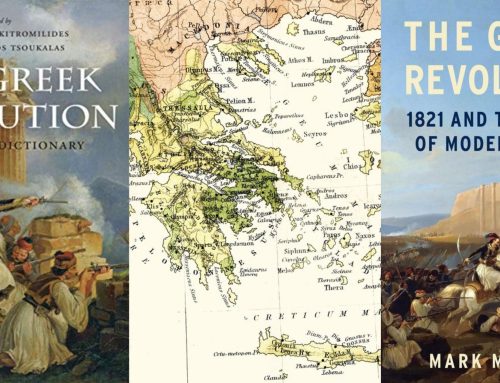Book Review by Paolo Ceccoli
| Title: | Developing a culture of co-operation when teaching and learning history |
| Author: | Council of Europe |
| Year of publication: | 2017 |
| Language: | English |
| Pages: | 313 |
All school systems are coping today with more or less divided societies. All the history teachers have to deal in their classes with social tensions and new cleavages. The more a classroom mirrors the society, the more teachers’ work is challenging. In this situation, teaching history can be detrimental to civil coexistence or can contribute to reinforcing cohesion and mutual understanding. In this article I review an e-book, published in English by the Council of Europe (CoE), in which didactics of history at its best shows how teaching could foster mutual cohesion and understanding. The book is the final result of a multi annual project in which Cypriot teachers belonging to both communities (Turkish Cypriot and Greek Cypriot), guided and supervised by CoE experts, reflected and produced different materials responding to our time educational needs.
From 1974 onwards Cyprus has been divided in two parts. The northern one, Turkish Republic of Cyprus, recognised only by Turkey, and the Republic of Cyprus, recognised by the international community. After many years of division the complex background of the reconciliation process offered a lot of opportunity to think and practice a quality history teaching. Council of Europe and a local association (AHDR) cooperated in order to produce useful material for history teaching in a divided society. The Association for Historical Dialogue and Research (AHDR), founded in 2003, whose mission “contributes to the advancement of historical understanding amongst the public and more specifically amongst children, youth, and educators by providing access to learning opportunities for individuals of every ability and every ethnic, religious, cultural, and social background, based on the respect for diversity and the dialogue of ideas” , hosted the final presentation of this material the 10th and 11th of March 2017 in Nicosia.
The e-book Developing a culture of co-operation in teaching and learning history, available at a the moment only in English (http://www.coe.int/en/web/history-teaching/culture-of-cooperation), has been intended as a tool for initial and in-service teacher training, with the ambition to be used as a self-training tool as well. The content and teaching methodologies proposed, although inspired by the local situation, have a universal value and may also be of great interest all over the Europe and beyond. As stated in the presentation leaflet, this is a text composed of a “orientation document that exposes the concepts of culture and cooperation” followed by “seven distinct training units” that deal with the following topics:
1. Does differentiation have to mean different?
2. Develop empathy as an historical skill.
3. Gender and inclusivity.
4. Dealing with stereotypes.
5. Societies living together: understanding cultural diversity in teaching and learning history.
6. Using literature, art and film to aid historical understanding.
7. Information communications technology and history teaching.
The content of the e-book includes texts of various types: narratives, quotations, transcripts of interviews, tables, diagrams, photographs and other visual aids, question boxes, teaching units and work schemes. Worksheets and other materials associated with lessons are available on separate pages, so teachers can print and use them separately.
The main theoretical question raised by this book can summarized this way: teaching of history, the traditional way of conveying it as a series of incontrovertible facts that tends to establish a division between “us” and “them”, has often been the cause of conflicts created by the ignorance of factors that, instead, nuances what it is necessary to understand multiperspectively. How can one overcome the destructive potential of a victimized or aggressive teaching of history?
An answer seems to consist in giving up political history teaching. Whatever you would substitute, the exclusion or reduction of political history is a double-cut axe. On the one hand, the impact of historical divisional factors could be reduced, in fact teaching the inevitable antagonism of any political-military affair tends to project to the past our own present preferences. In this way we could legitimize them “objectively”, by means of one-sided historical interpretation, which can be detrimental to the civil coexistence of states and communities. But, on the other hand, renouncing irenically to confronting conflicts can make students particularly deprived of the conceptual knowledge and argumentative skills needed to defend themselves from manipulation and rhetoric, from simplifying ideologies and from discriminatory responses with no real understanding.
One of the main values of the text presented by the Council of Europe and the AHDR is precisely to call for a balanced, courageous and open-minded political history capable of dealing with controversial and sensitive issues with a critical and multi-perspective, dialectical and at the same time rigorous attitude. Teaching of political history this way can and must be done to overcome or, at least to examine critically “clash of civilizations” theory.
If it’s true that every clash is also a melting of cultures, this is also because culture is an element of cohesion and division, but no culture is a homogeneous set of “free from internal divisions” features in itself. The message in this book is to show how individuals and cultures have the right to express their “identity,” and “enjoy their heritage,” but it’s impossible to “create separate, hermetically sealed worlds.” For this purpose, history must be taught in such a way as to exclude the idea that they existed in the past, in the midst of conflicts and struggles, “identities and cultures that are permanently antagonistic and mutually exclusive.”
Why should you not read this book?
If you are not a history teacher, if you do not care teaching controversial issues, you should not read or use this book. I do not see any other reason not to dig deeply into this book, because I think that it is really great for the purpose that has been made for.
Why should you read this book?
If you are an history teacher eager to deal with controversial and sensitive issues, if you want to train yourself and learn how to improve your history lessons in a particularly difficult field, if you are a young teachers looking for materials updating your knowledge and your student knowledge as well, you have to read, study and use it.
How can history, citizenship and heritage education benefit?
I think that this book shows us how a well-done history teaching can contribute to bolster communities’ cohesion and to foster civil and social relationship, recognising openly the past without burying the head under the sand.



